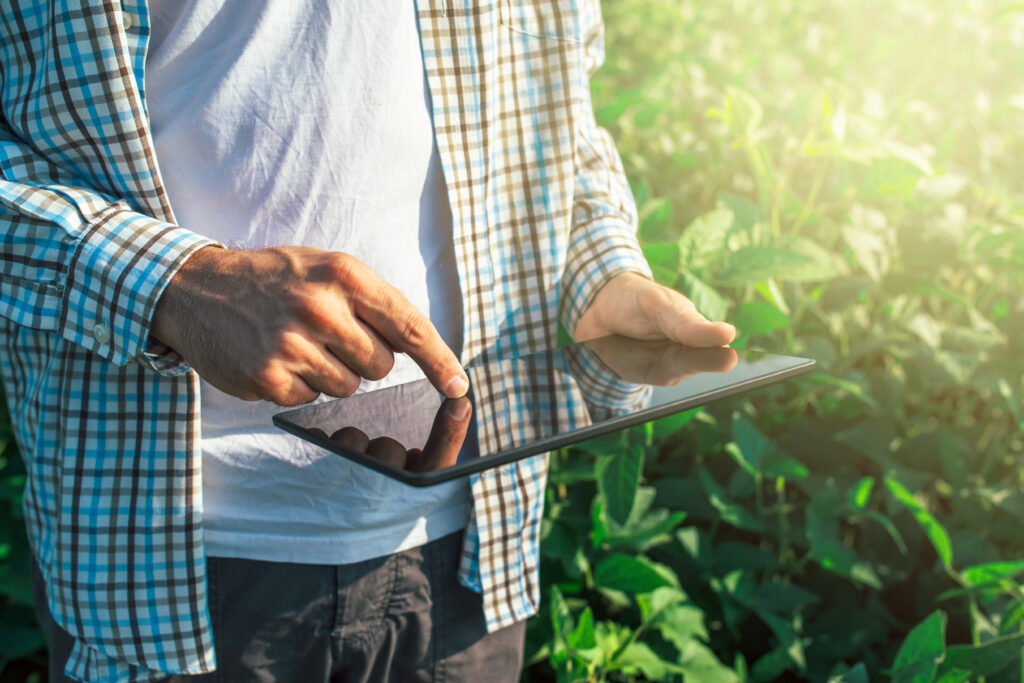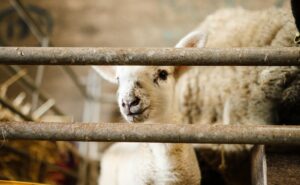
bump gate img8 5 6.jpg
In the distant past, keeping a farm up and running involved a lot of physical work.
From harvesting and planting to controlling livestock movement and feeding, everything was dependent on strenuous manual effort. However, the revolutionary tools and technologies at our fingertips these days have ensured we rely more on the brain than brawn, while cutting down on costs.
Today, we take a look at some of these innovative shortcuts in a bid to uncover how to make an automatic farm.
First of all, automating your farm ensures less work but more reward. It will allow you to perform risky tasks more efficiently while minimizing the risks. Here are the steps to follow to remove the manual daily farm tasks from farm life.
Implement an automatic gate
Automation doesn’t necessarily mean using a fancy electric gate manned by robotic sensors and accompanied by hefty installation and utility bills.
It could be as simple as a bump gate. This is an automatic yet non-electric farm hack that makes for easier navigation around your property. With this device, you nudge the gate open with the bumper of your car, and it shuts close behind your after a brief pause to allow a smooth exit.
It’s a simple solution that is effective, independent of a power source, and unaffected by weather.
It’s also commendably durable. It offers the same outcome for none of the maintenance costs, proving a cost-effective and utterly automatic alternative.
Use auto irrigation systems
Irrigation systems are necessary, especially if your farm is in a geographic area that experiences a lot of rain.
With a vast field to tend to manually, going from plant to plant is a cumbersome and sometimes impractical chore.
With an irrigation system governed by sensors or timers, you can ensure mass irrigation that caters to every crop with little human intervention. There are a variety of systems for you to choose from, including surface, sprinkle, and drip with the latter proving ideal for its design simplicity.
An auto irrigation system means lower installation costs, and minimal wastage.
Get an in-row weeder
Weeds are a farmer’s worst enemy as they can suffocate cash crops and constrict income.
This necessitates regular scrutiny to ensure the weeds don’t take over. Over the years, environmentalists have established that pesticides and other chemical remedies for weeds come with long-term consequences to the natural environment.
And it harms all those that call it home, both harmful and beneficial critters alike. An automatic in-row weeder takes out uninvited guests ensuring maximum yields and, therefore, maximum profits without affecting life in the soil.
Buy a surveillance drone
Every farmer would kill for a bird’s eye view of their fields, and with the growing affordability of drones, these hovering machines offer an inexpensive automation tool with unrivaled vantage points.
Aside from providing aerial images of crops to determine if they are growing as they should, UAVs are useful to farmers in many other ways. Most notably, they can be used to deliver pesticides, water, and fertilizers, and for crop dusting through a well-controlled spraying process which offers excellent coverage and precision.
Get a baby monitor for your livestock
Wireless baby monitors are an especially useful tool when it comes to breeding livestock.
Sickly or dying cattle can be a detriment to your entire stock if you aren’t keeping tabs on them on a regular basis.
Drones can frighten sensitive animals who don’t appreciate the noise. If there’s a sick or expecting animal in need of round-the-clock attention, a baby monitor can help you identify if something’s wrong or if a predator has entered into the barn.
Automating your farm doesn’t have to be an expensive affair; think along the line of simple tools such as the bump gate or baby monitor, and you can have a self-reliant farm with little need for human intervention.
You can easily manage daily farm tasks without spending through the roof. Complex systems such as tractor accessories like the in-row weeder can also be considered a long-time investment.
Source link
2019-12-31 12:24:42
Originally posted 2024-06-19 07:03:57.
Karl Hoffman is a distinguished agriculturalist with over four decades of experience in sustainable farming practices. He holds a Ph.D. in Agronomy from Cornell University and has made significant contributions as a professor at Iowa State University. Hoffman’s groundbreaking research on integrated pest management and soil health has revolutionized modern agriculture. As a respected farm journalist, his column “Field Notes with Karl Hoffman” and his blog “The Modern Farmer” provide insightful, practical advice to a global audience. Hoffman’s work with the USDA and the United Nations FAO has enhanced food security worldwide. His awards include the USDA’s Distinguished Service Award and the World Food Prize, reflecting his profound impact on agriculture and sustainability.



